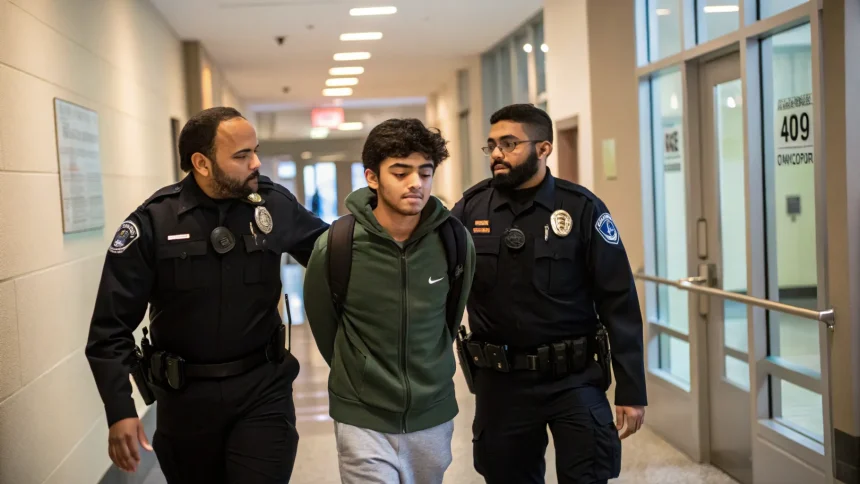U.S. President Donald Trump’s clash with elite American universities took a sharp turn in March when federal immigration agents arrested Palestinian student activist Mahmoud Khalil at his Columbia University apartment building in New York.
Khalil spent more than three months detained at an immigration jail in rural Louisiana. During this period, the Trump administration intensified its campaign against universities, arresting additional foreign pro-Palestinian students and cutting billions of dollars in research funding.
Escalating Tensions Between Administration and Academic Institutions
The arrest marked a significant moment in what appears to be a growing conflict between the Trump administration and America’s top academic institutions. This confrontation began just days before Khalil’s detention and has since expanded to include both immigration enforcement actions and financial penalties.
Federal agents specifically targeted Khalil, who had been active in pro-Palestinian demonstrations at Columbia University. His case highlights the administration’s focus on foreign students involved in political activism related to the Israeli-Palestinian conflict.
Broader Pattern of Enforcement
Following Khalil’s arrest, immigration authorities detained other international students who had participated in pro-Palestinian protests at various universities across the country. These actions suggest a pattern of using immigration enforcement as a tool against specific political activities on campus.
The administration’s approach combines immigration enforcement with financial pressure. By revoking billions in research dollars, the Trump administration has created a two-pronged strategy that targets both individual students and the institutions themselves.
Financial Impacts on Universities
The withdrawal of research funding represents a major blow to American universities, many of which rely heavily on federal grants to support scientific and academic work. Elite institutions like Columbia stand to lose significant resources that support faculty research, graduate student funding, and laboratory operations.
Research areas affected by these cuts span multiple disciplines, potentially impacting studies in medicine, technology, and social sciences. The long-term consequences could affect America’s position in global research leadership.
The funding cuts appear timed to coincide with the administration’s broader campaign against universities that have experienced pro-Palestinian protests on their campuses.
Legal Questions and Civil Liberties Concerns
Civil liberties organizations have raised questions about the legality of targeting foreign students based on their political activism. Critics argue these actions may violate First Amendment protections and academic freedom principles that typically shield campus political speech.
Immigration attorneys working on these cases point out that non-citizen students have fewer legal protections than their American counterparts, making them particularly vulnerable to enforcement actions based on their political activities.
Some legal experts have noted the unusual nature of Khalil’s detention, particularly its length and the decision to hold him far from New York in a rural Louisiana facility, which limited his access to legal representation and support networks.
The key concerns include:
- Potential First Amendment violations regarding political speech
- Questions about selective enforcement targeting specific viewpoints
- The impact on academic freedom and open discourse on campuses
The arrests and funding cuts reflect growing tensions between the administration and universities over Middle East politics, campus protests, and the limits of political expression. As this conflict continues to unfold, both students and institutions face uncertainty about the boundaries of acceptable activism and the consequences of political engagement.









